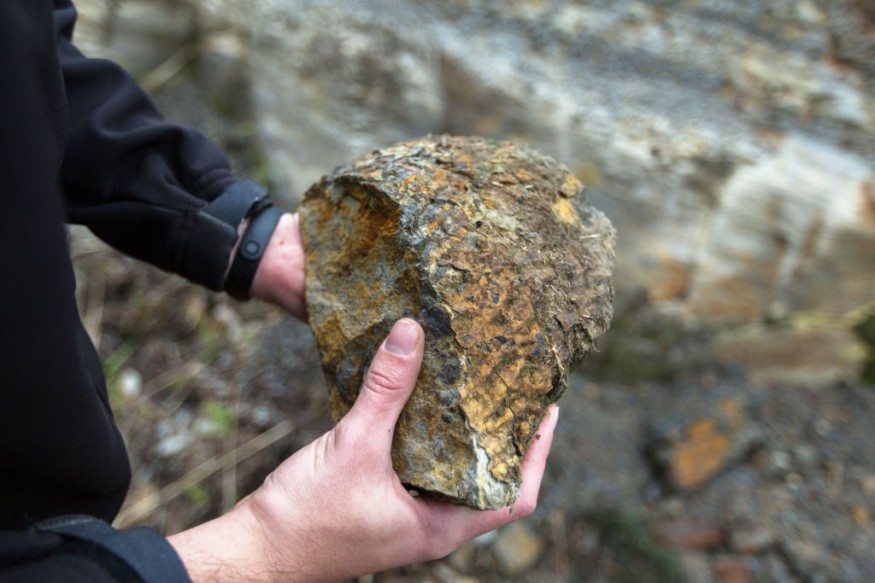Plastic rocks have been found on a remote island in the Atlantic Ocean, disturbing scientists who have found and examined the strange sedimentary object and believed to be the first of its kind ever recorded.
The site under observation is called the Trindade Island, located in the Atlantic Ocean and off the coast Brazil.
The uninhabited island has long been thought to be a haven for various animal species, ranging from sea birds, nearly extinct crabs, fish, and the green turtle, according to Phys.org.
Trindade can be reached on a four-day boat trip from Brazil. Despite its remoteness, the findings highlight the danger and reach of the current ocean plastic pollution worldwide.
Plastic Rocks

Geologist Fernanda Avelar Santos first found the plastic rocks in the volcanic rock island in 2019, when she traveled there to conduct research on her doctoral thesis about a different topic, which is about landslides, erosion, and other geological risks, as cited by Phys.org.
However, Santos stumbled upon something unexpected, rocks that formed from the debris of plastic pollution floating in the ocean, a sign of human impact in the once untouched island paradise, according to the science and research aggregator website.
The findings came when the geologist was working near a protected nature reserve called Turtle Beach, which is the largest breeding ground for the endangered green turtle species.
It is here when she saw the odd-looking blue-green rocks, resembling a fungal-like mold on its surface, yet it is not.
Plastic Rock Formation
Santos took samples of the plastic rocks and took it back to her lab after her two months of stay on Trindade Island.
After analysis, she and her team determined that the specimens are a new king of geological formation or plastic rock formation.
This is made possible due to the merging of materials and processes the Earth undertakes to form rocks for billions of years.
However, it is only this time that plastic trash has been added as a new ingredient, according to the new study published in the journal Marine Pollution Bulletin in September 2022.
The study asserts that marine plastic pollution has led to a paradigm shift in the field of Earth Sciences.
This is because the first sedimentary rock, in relation to plastic debris, formed on a single site, leading to the emergence of plastistone, a novel plastic debris form.
Researchers said humans have become geological agents, mainly in geological processes considered primarily as natural.
Ocean Plastic Pollution
Ocean plastic pollution caused by human waste has increased in recent years, according to various research.
According to the Center for Biological Diversity organization, plastic accumulation in the world's oceans and along our beaches has reached a global crisis level, where billions of pounds of plastic materials are found converging in an area that is about 40% of the world's ocean surfaces.
In addition to the formation of plastic rocks, the pollution can damage or destroy marine ecosystems and various marine animals.
© 2025 NatureWorldNews.com All rights reserved. Do not reproduce without permission.





